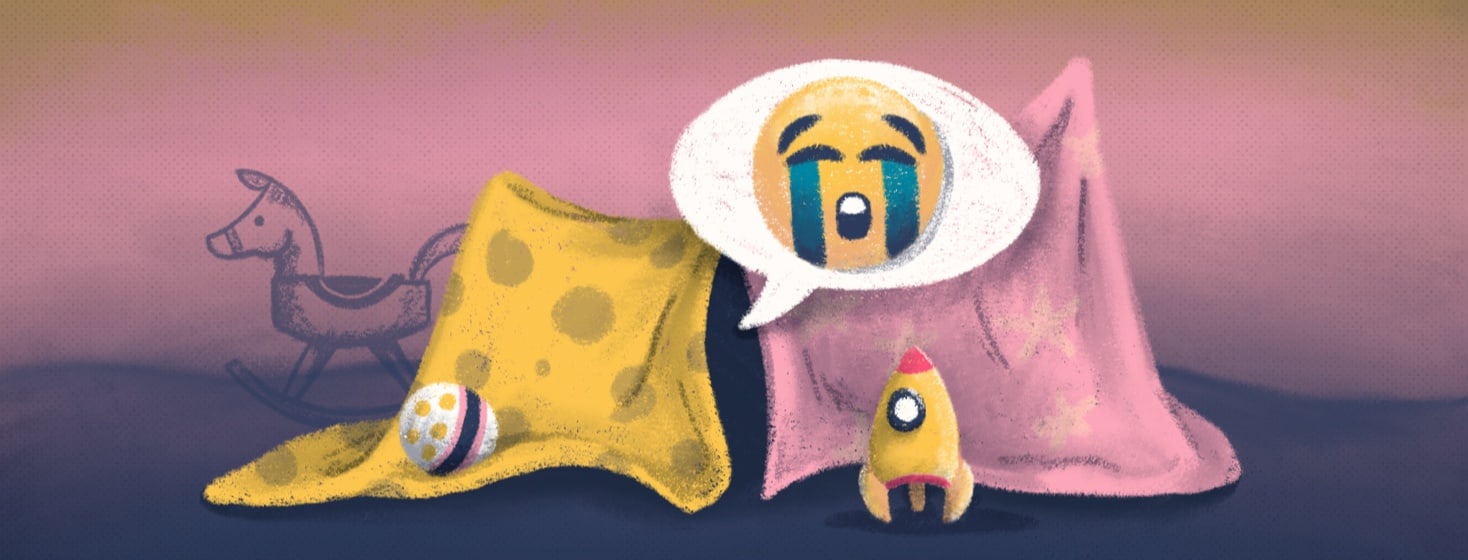Did I Cause This? Parenting Children with Migraine
The other day, I watched helplessly as my son writhed on the couch in pain. His hands clutched his small head in a pose I am all too familiar with. His cries hurt my heart.
That morning, I had woken at 6 o'clock to the sounds of him crying and yelling for me. When I entered his room, he was curled up on his side in bed — his hands pressed tightly against his ears — whimpering. He looked at me with tears on his cheeks and said, "Mommy, my head hurts. It hurts so bad!”
He's six years old.
This isn't the first time he's complained of head pain. But every time it happens it seems worse than before. And every time it happens I feel partially to blame.
Migraine or not migraine?
Is it migraine? I wonder as I stare helplessly at his small body contorted in pain.
When my daughter was the age my son is now she had abdominal migraines. She also had other health problems, including seizures, but she most definitely had migraine disease. However, her migraine attacks did not manifest with head pain until she was much older and had gone through puberty. My son, I worry is different. And that difference makes it harder for me to know what is happening inside his brain.
Like adults, kids experience migraine in ways unique to them as individuals. Still, there are clues that migraine may be what he's facing.
Signs it could be migraine
His head pain came on the same day I too experienced a severe migraine attack. That day, our small Central Texas town got its first rainstorm in months. Changes in weather always prompt an attack on my end. Perhaps, he's the same.
He also was complaining of nausea and didn't want to eat. This, too, matches my symptoms and most others who live with migraine. I often feel horribly nauseated during a migraine attack and rarely want to eat anything other than simple, salty foods.
During the time his head hurt, he vomited three times. However, he didn't have a fever and no one else in the house was sick.
After the pain passed, so did the nausea. He was miserable for two days. Then, as suddenly as he was ill, he was fine.
Feeling responsible
So was it a migraine? I don't know. When it comes kids, I'm never 100 percent sure. However, based on his symptoms, my symptoms, and what I remember from when my daughter was young, the answer is that it very probably was a migraine attack. And that breaks my heart.
It breaks my heart because I know there's a genetic component to this disease. And I can't help but worry and feel responsible for passing that gene on to my beautiful children. (Although I know I didn't actually cause their disease.) But, for now, I can't fix that.
I can't fix any of it; migraine still has no cure. So all I can do right now is mention the symptoms to his pediatrician and love my son — tending to him the best I can during these episodes using all the knowledge and experience I've gained from my own decades of living with chronic migraine.
And maybe, just maybe, cut myself a little slack in the process.

Join the conversation